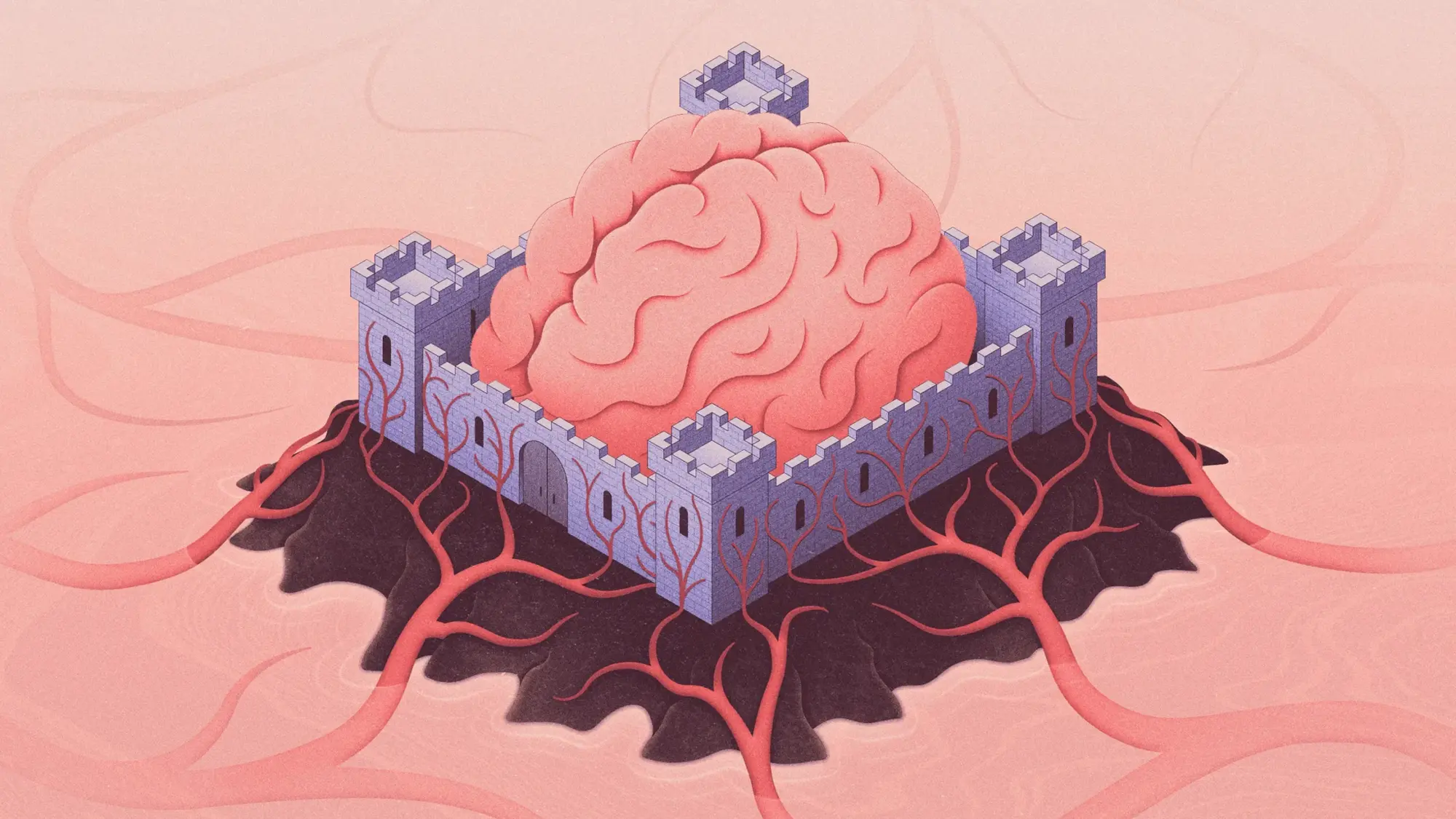You already know that agents and small language models are the next big things. Here are five other hot trends you should watch out for this year.


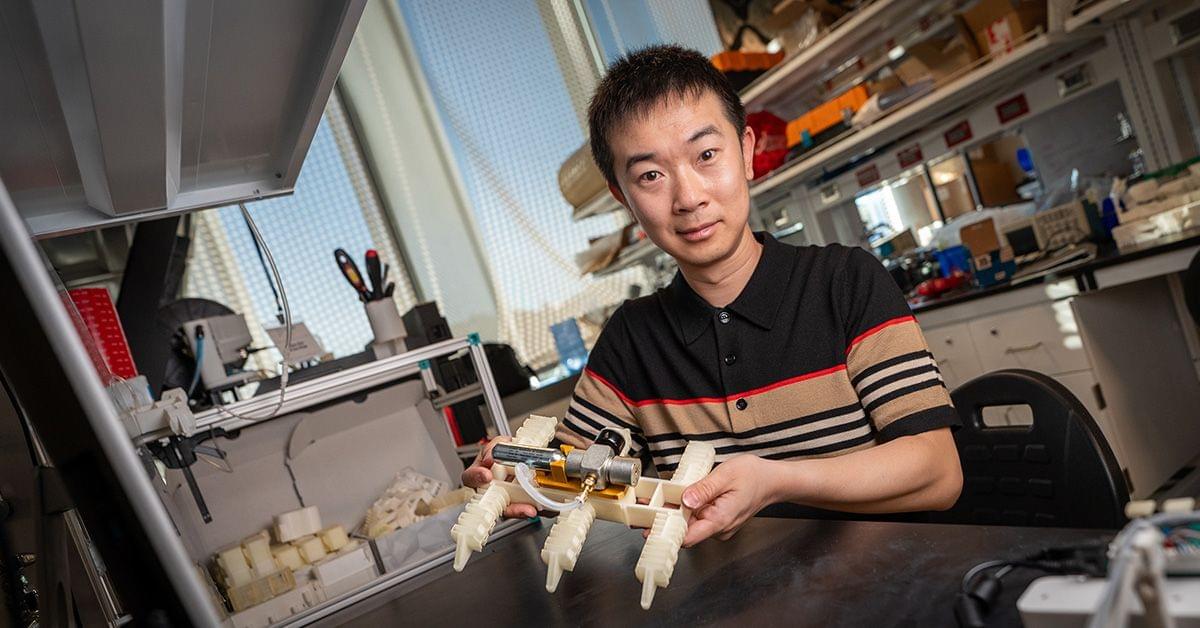
Imagine a robot that can walk, without electronics, and only with the addition of a cartridge of compressed gas, right off the 3D-printer. It can also be printed in one go, from one material.
That is exactly what roboticists have achieved in robots developed by the Bioinspired Robotics Laboratory at the University of California San Diego. They describe their work in an advanced online publication in the journal Advanced Intelligent Systems.
To achieve this feat, researchers aimed to use the simplest technology available: a desktop 3D-printer and an off-the-shelf printing material. This design approach is not only robust, it is also cheap—each robot costs about $20 to manufacture.

In a new study published by researchers at quantum computing company Quantinuum and collaborators from Caltech, Fermioniq, EPFL, and the Technical University of Munich, scientists have used Quantinuum’s powerful quantum computer, H2, to simulate a notoriously difficult system—quantum magnetism —in a way that pushes beyond what classical computers can reliably achieve.
“Digital quantum computers are much more flexible/universal, but we have paid for that flexibility with many technical challenges,” Dr. Michael Foss-Feig of Quantinuum and the paper’s lead author told the Debrief.
“This paper is an indication that we are finally moving these more flexible/universal machines into the realm of practical (and scientifically illuminating) quantum simulation,” Foss-Feig said.

Why would anyone need this level of wavelength detail in an image? There are many reasons. Car manufacturers want to predict exactly how paint will look under different lighting. Scientists use spectral imaging to identify materials by their unique light signatures. And rendering specialists need it to accurately simulate real-world optical effects like dispersion (rainbows from prisms, for example) and fluorescence.
For instance, past Ars Technica coverage has highlighted how astronomers analyzed spectral emission lines from a gamma-ray burst to identify chemicals in the explosion, how physicists reconstructed original colors in pioneering 19th century photographs, and how multispectral imaging revealed hidden, centuries-old text and annotations on medieval manuscripts like the Voynich Manuscript, sometimes even uncovering the identities of past readers or scribes through faint surface etchings.
The current standard format for storing this kind of data, OpenEXR, wasn’t designed with these massive spectral requirements in mind. Even with built-in lossless compression methods like ZIP, the files remain unwieldy for practical work as these methods struggle with the large number of spectral channels.
Researchers at the Georgia Institute of Technology have developed a new technology to manufacture solar cells.
Solar energy is growing rapidly in the United States. In 2010, it accounted for 0.1% of electrical generation in the country and has increased to over 6% in 2024. By 2029, solar is slated to become the largest source of renewable energy.
Most commercial solar panels are made from silicon. Producing solar panels like this is energy-intensive and can be difficult to do within the United States. For solar to take off more in the United States, we need to find a less expensive, more available material.
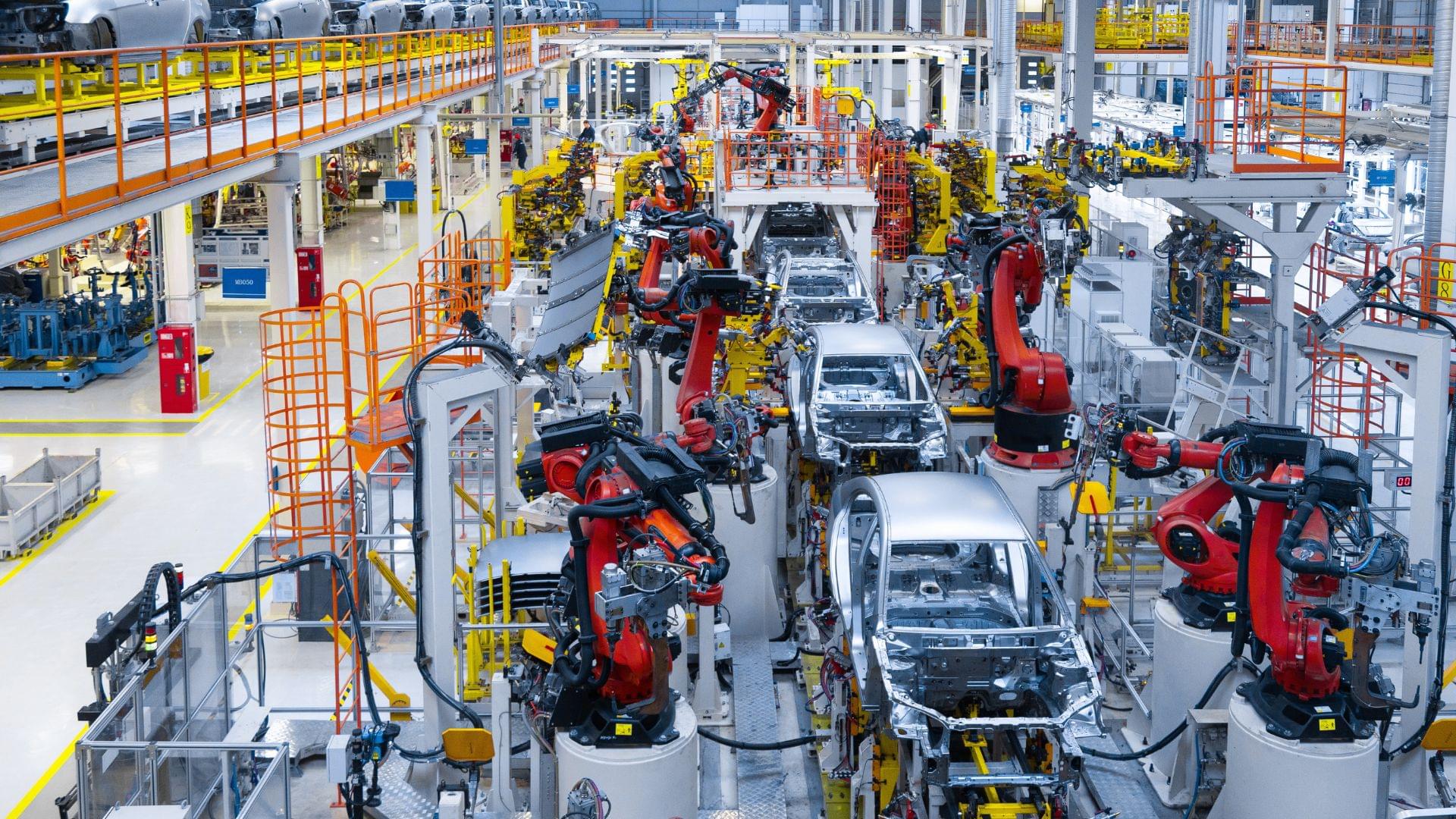
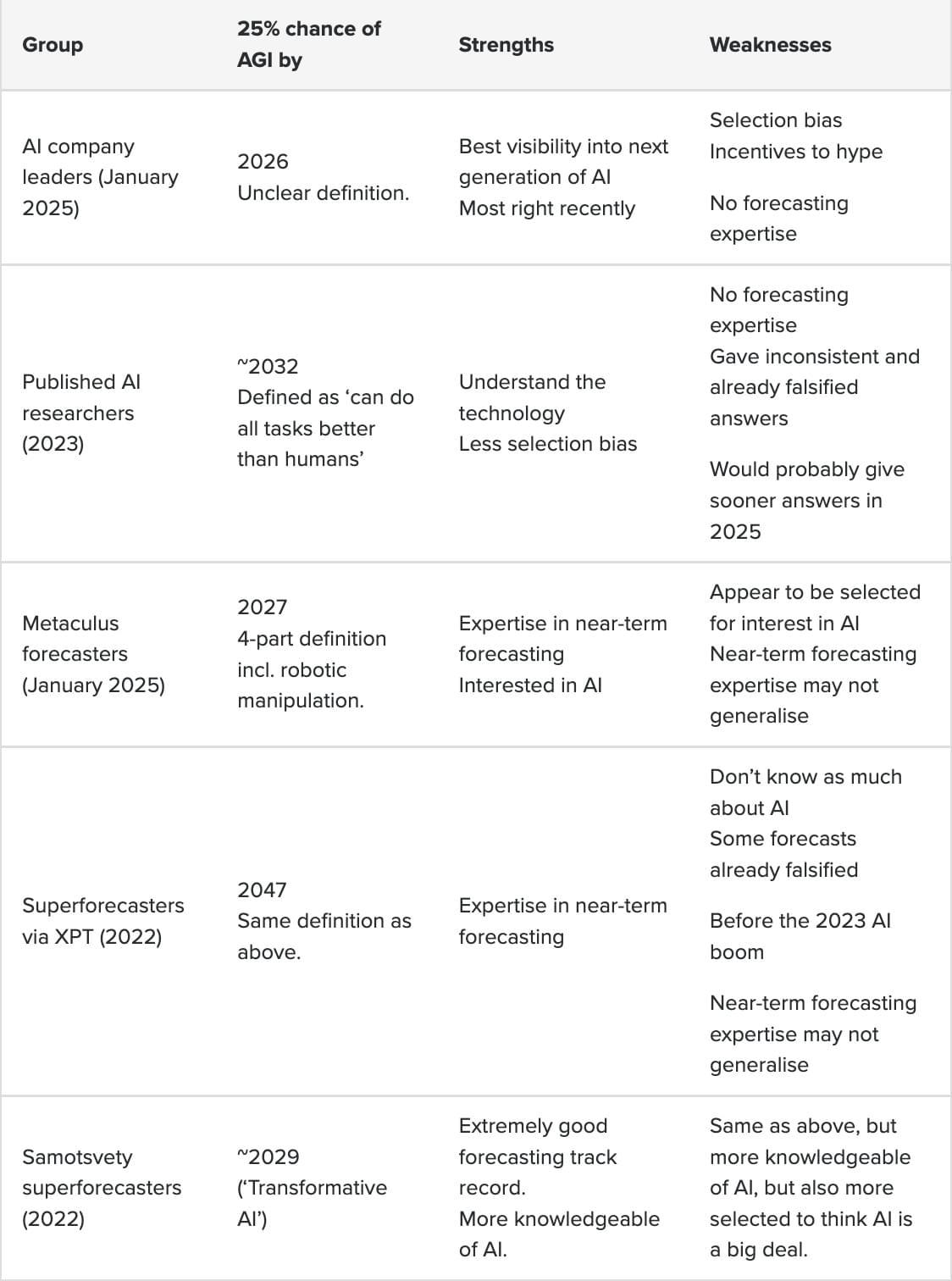
I’ve argued elsewhere that it’s plausible AGI arrives before 2030. That’s a big claim.
As a non-expert, it would be great if there were experts who could tell us what to think.
Unfortunately, there aren’t.
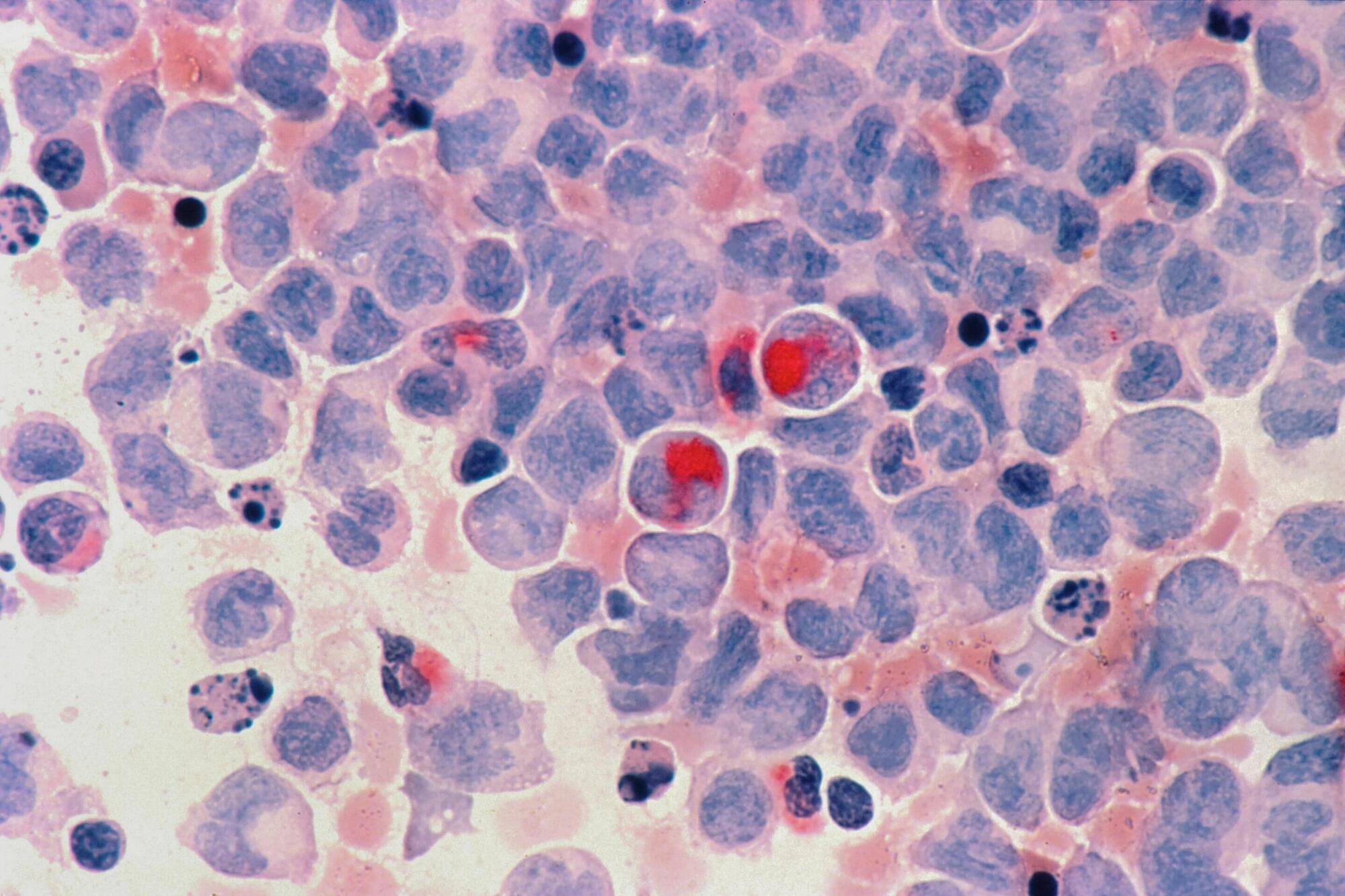
Investigators at Mass General Brigham have uncovered how resistance to chemotherapies may occur in some cancers. Researchers focused on a pathway that harnesses reactive oxygen species (ROS) to kill cancer cells. The study found that mutations to VPS35, a key player in this pathway, can prevent chemotherapy-induced cell death. These results, published in Nature, could help pinpoint treatment-resistant tumors.
“ROS play an important role in healthy and diseased cells, but pathways that sense and control cellular ROS levels are not well understood,” said corresponding author Liron Bar-Peled, Ph.D., of the Krantz Family Center for Cancer Research at Mass General Cancer Center (MGCC), a member of the Mass General Brigham health care system. “A clearer understanding of ROS could help us understand why chemoresistance occurs in some cases.”
Low concentrations of ROS are required for normal cell signaling, but higher levels of ROS can damage cells and contribute to diseases such as cancer and neurodegeneration. Researchers know that mitochondria play an important role in ROS production, but it has been unclear if ROS-sensing proteins influence the mitochondria. If they do, this could impact responses to some anti-cancer treatments.
